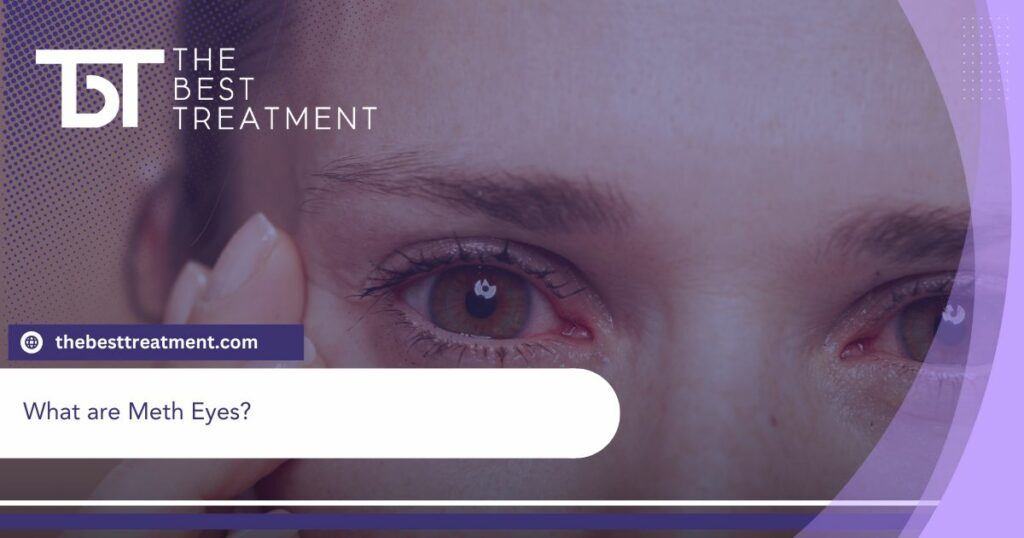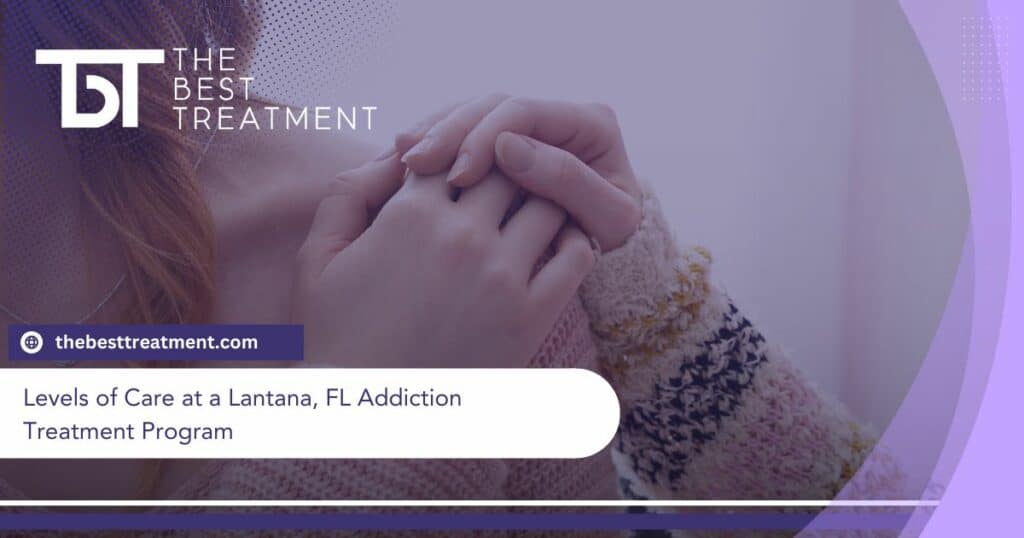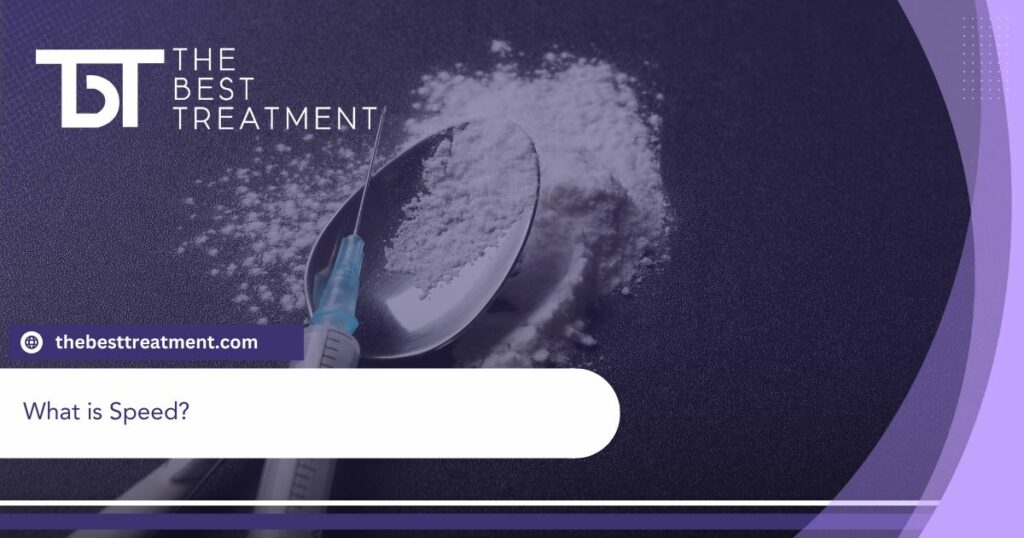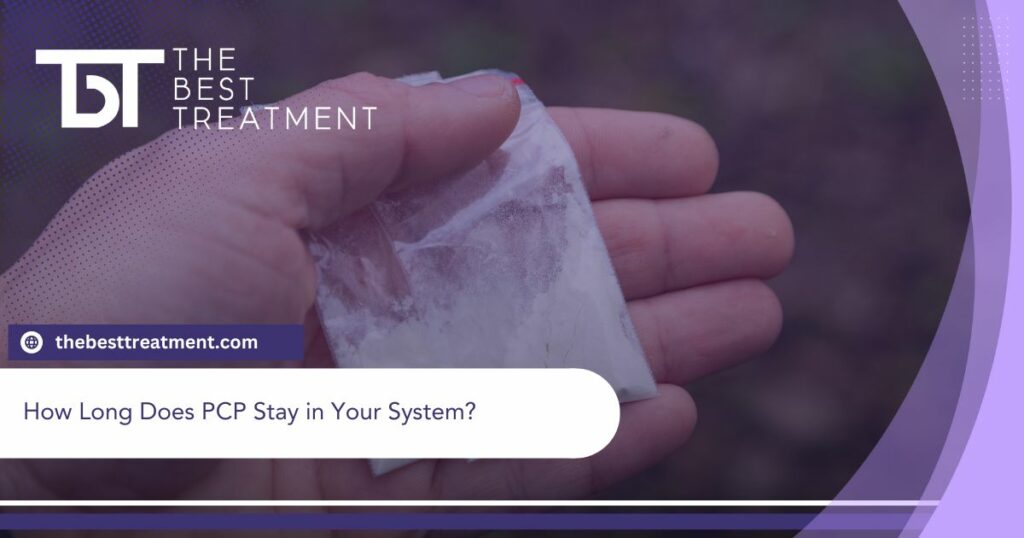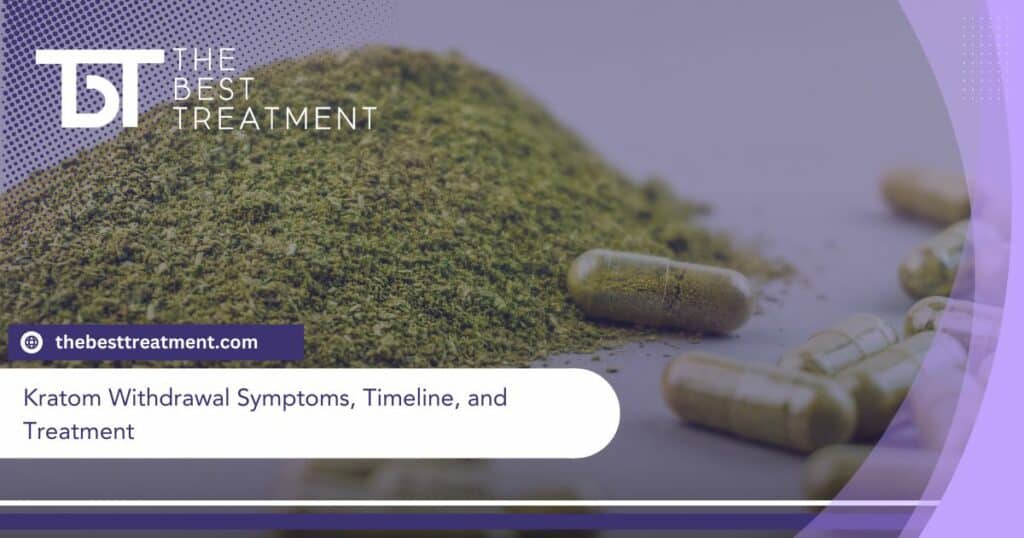Table of Contents
Character Traits of an Addict
Common Behavioral Traits of an Addict
Statistics show that about 10% of our population struggles with drug and alcohol addiction, so chances are you have met an addict or two in your day. Addiction can happen to anyone regardless of ethnicity, class, or upbringing. Take the time and think about the addict in your life, their behavior has probably been quite confusing at times. Confusion has turned to frightening, frustrating, and usually ends up being quite sad.
During active addiction their words and actions are controlled by one thing, that drug or drink. There are a number of characteristics we see in those living in active addiction and most of these unpleasant personality traits can be blamed on their disease, it is no longer the person you knew or loved. The drug or drink has consumed that person to the point that they are a shell and addiction has taken the reigns. There are many positive traits that addicts possess, however when they are rooted in full blown addiction- the negative traits often outway the good ones.
Manipulation
This is probably striking you as an “ahh hah moment” of course addicts are manipulating right? They need their fix, so they are willing to say anything and everything to get it. They can go from the most charming person, to the nastiest soul you have ever encountered with a flip of the switch in order to get what they want.
An individual living in active addiction are going to manipulate those around him/her in order to get the drug or drink that they think they so desperately need. It does not matter how it happens, as long as they get it. Terms you may be familiar with if you are dealing with a manipulative individual who is living in active addiction are:
You don’t understand
You don’t love me
You will never know how I feel
I can stop whenever I want
I will stop tomorrow
I will pay you back
Put yourself in my shoes…
I hate myself/ I want to die
The list can keep going on forever. All of these phrases are tactics that an addict is going to use to make you feel some type of way about how you are making them feel. Humans are emotional creatures, so we tend to put our feelings in front of our logic in more times than we like to admit. Addicts are one of the first people to recognize this, they play on our emotions (because we do care about them, and love them) so they can get from us what they want (money, a ride, drugs, alcohol, a place to stay, etc…).
When they are caught using drugs or alcohol there will be another form of manipulation that can take place, assuring things that they will get better, they will stop! They will make promises that they cannot keep in order to keep the family member or loved one content so they can use another day.
Lies
Have you ever caught yourself looking at someone when they speak and just knowing everything they were saying is untrue? It happens unfortunately, and often when you are dealing with someone who struggles with a drug or alcohol addiction. The lies are endless, and sometimes it may even seem they will lie about anything or everything.
Lies can range from little white fibs, or leaving certain aspects of a story out, to full blown delusionalism that you are wondering if they can even hear what they are saying.
They will lie about where they are, where all their money went, who they were with and so many other things when it comes to drug and drinking activity in order to go unnoticed with what they are really doing.
Drug and alcohol users come up with elaborate stories that often do not make sense as to why they need money, or why they need a ride over to that side of town. The more unbelievable a story is, the more likely it is a lie. Addicts have a false
Shame
Shame is a complex emotional feeling that can be difficult to understand or define. A typical comparison when describing what shame is would be comparing it to guilt. The difference between the two would be when we feel guilt it is because we feel bad about something, whereas when an individual feels shame the self-talk isn’t “I’ve made a mistake” it is more along the lines of “I hate myself”, “I am an idiot”, and “I hate being an addict”. When you’re guilty you can take actions to correct your wrong, but when you are feeling shameful, isolation is a typical response.
Shame plays a huge role in addiction. Addicts are ashamed of the people they are, the things they have done in their past, and usually they are at the point of despair where they can not even imagine their life without feeling that way about themselves. Some shame can keep us grounded, remind us that everyone makes mistakes, and it is a good grounding for humanity. An addict will never be able to fully surrender unless they have experienced some sort of shame.
However, there is also an unhealthy shame, this is the kind that isolates the addict. Instead of a temporary feeling of being embarrassed, an individual thinks their whole self is defective or flawed. Addicts that experience this think their whole being is disgraceful, and it is a true soul sickness that can cause many addiction issues. The way someone protects him/herself by their own feelings is by masking their true self and creating this false identity.
When you are experiencing this deep shame, this can be one of the main causes an addict would want to get outside yourself in order to feel okay. Healthy shame can be turned unhealthy very quickly through addiction.
Healing Through Therapy
The basis of any addiction treatment is taking all these learned behaviors and damaging emotions and changing them. Healing from the shame that one feels, is going to be uncomfortable, painful, and especially difficult because the whole reason that one is using is in order to avoid dealing with these feelings and avoid dealing with the repercussion that comes from the lies and manipulations.
The more that these traits or feelings are avoided the more they will grow to destroy the addict. Once life is turned over and they have surrendered their negative ways are truly ready to heal in recovery, this is where the breakthrough can begin. A proper customized treatment program tailored specifically for the needs of the individual will be the best bet in order to get your loved one the healing that is needed.
Learn more about The Best Treatment Center addiction treatment program. Relax Your Mind at The Best Treatment, Live Your Best Life.
Call us: 1-888-4TBTNOWMedically Reviewed: September 25, 2019

All of the information on this page has been reviewed and verified by a certified addiction professional.





